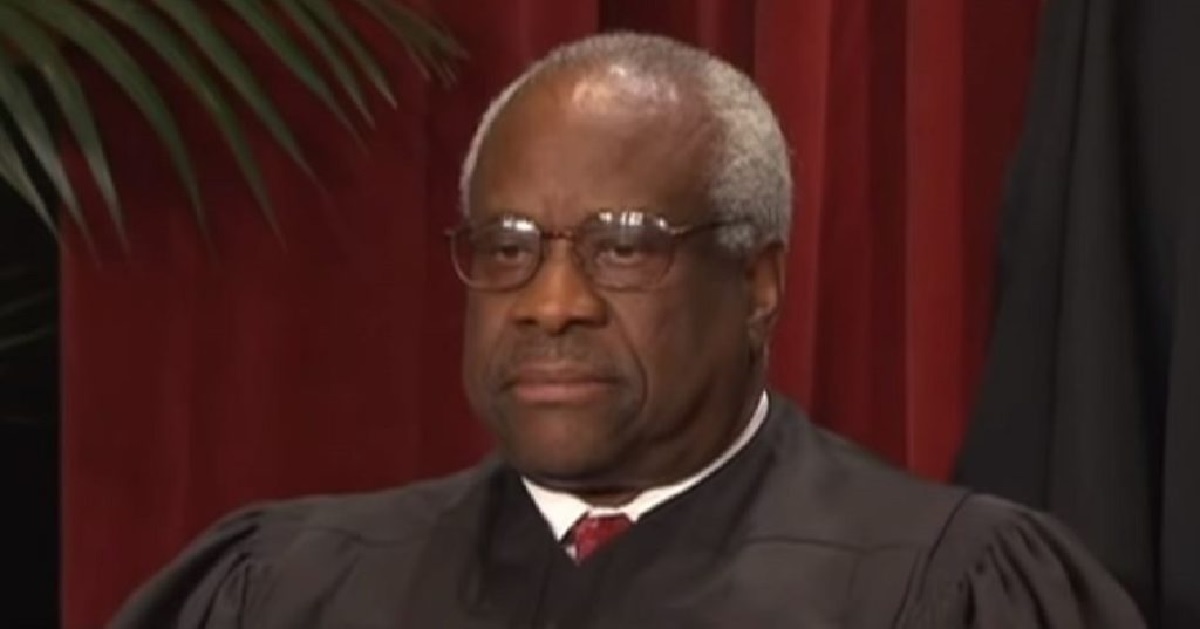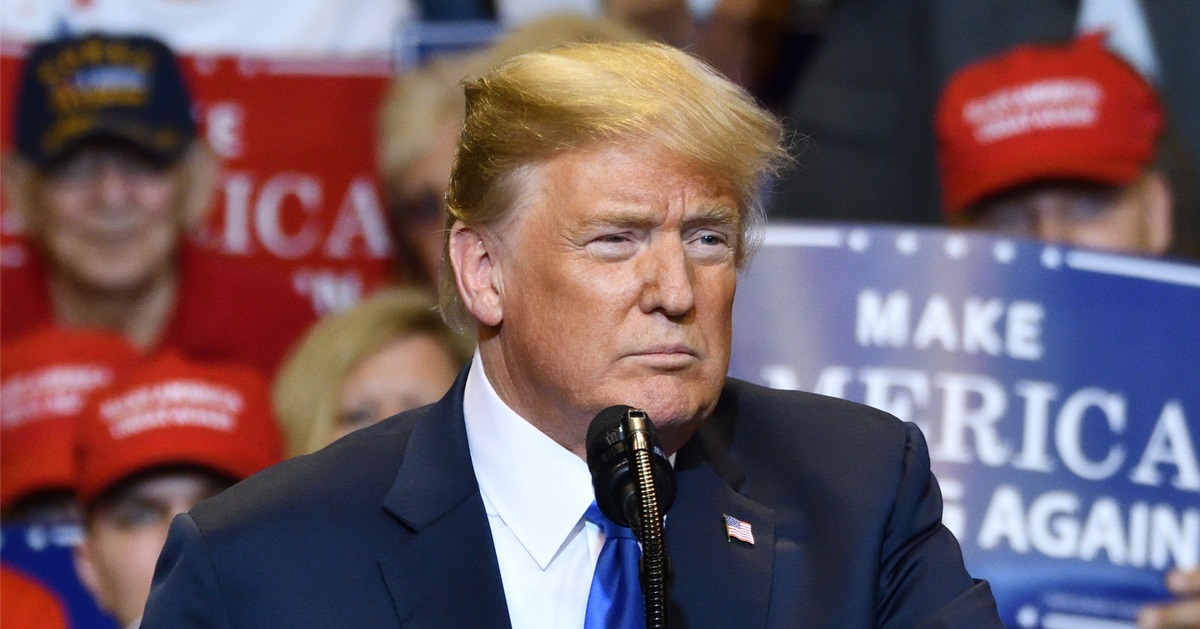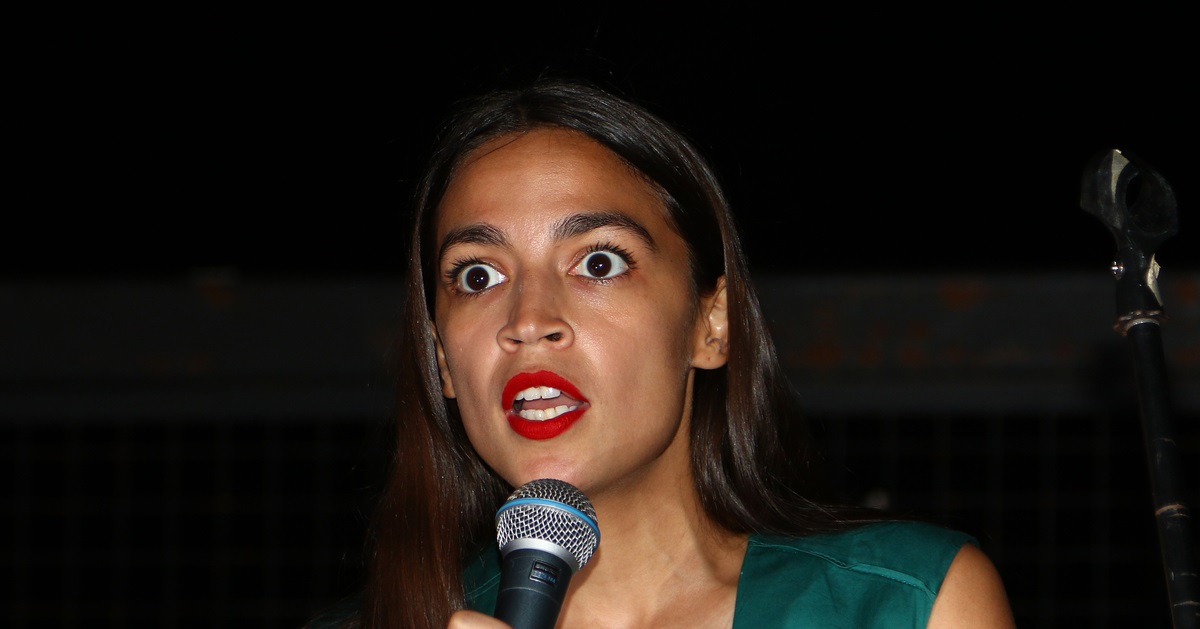Trump remains free ahead of election despite Democratic efforts to imprison him
As part of an overt effort to derail former President Donald Trump's re-election plans, Democrats launched a seemingly coordinated lawfare campaign against him that included two federal criminal indictments filed by Special Counsel Jack Smith.
The undeniable goal of the twin federal prosecutions was to see Trump tried and convicted and sentenced to prison before the 2024 election, but with that election now just a few weeks away, the Republican nominee remains a free man, according to the Associated Press.
In fact, despite Smith's attempts to hustle the cases along, Trump has yet to stand trial on either indictment thanks to two radically different federal judges and for substantially different reasons.
Election interference case delayed by immunity issue
In what was actually the second criminal indictment filed by Special Counsel Smith, former President Trump was accused last year of attempting to interfere with and alter the 2020 election, and that case was assigned to Washington D.C. District Judge Tanya Chutkan, an appointee of former President Barack Obama who has not hidden her deep disdain for the GOP nominee.
From the outset, Chutkan clearly favored the prosecution when ruling on various pre-trial motions and the case was on a fast track for a trial in March -- until Trump's claim of presidential immunity upended everything.
Chutkan initially denied Trump's motion to dismiss the indictment on immunity grounds, but did put the schedule on hold while Trump's attorneys appealed her decision -- first to the D.C. Circuit Court, which upheld the ruling, and then to the Supreme Court, which agreed to consider the case on its own timeline and declined Smith's urgent plea to rule swiftly against Trump so the prosecution could proceed ahead of the previously scheduled trial.
The justices would not be rushed, however, and it wasn't until July that they issued their consequential ruling which determined that former presidents enjoy absolute immunity from prosecution for their core constitutional duties, presumptive immunity for all "official acts," but no immunity for unofficial or private actions.
That decision has resulted in a slimmed-down indictment refiled by Smith, and though the prosecutor and Judge Chutkan are trying to get the election interference case back on track, there is no way a trial will be commenced and completed before the election.
Classified documents case ultimately dismissed
Meanwhile, the first criminal indictment filed by Special Counsel Smith last year accused former President Trump of unlawfully retaining classified documents after he left the White House, and that case was assigned to South Florida District Judge Aileen Cannon, a Trump appointee who has handled the proceedings much more deliberatively than her counterpart judge in D.C.
Cannon did tentatively schedule a trial to begin in May, though that date was indefinitely postponed in March while she gave due consideration to several varied motions to dismiss from Trump's attorneys, including one that asserted Smith had been unlawfully appointed and funded in his unique position.
After hearing arguments on the matter but before rendering her decision, the Supreme Court issued its immunity ruling, which included a concurrence from Justice Clarence Thomas that highlighted the questionable appointment of Smith and his funding -- neither of which were confirmed or approved by Congress -- and that concurrence likely sealed the fate of the classified documents case against Trump.
Just a few weeks later, while citing heavily from Thomas' opinion, Cannon dismissed the indictment, and though Smith has appealed the dismissal to the 11th Circuit Court and the indictment could possibly be reinstated, that won't happen before the election takes place in November.
Trump's freedom hinges upon the election results
If Trump fails to win re-election, the AP noted that the chances are good that the former president will likely stand trial next year on the election-related indictment, if not also a revived classified documents case, and may very well be convicted and sentenced to prison.
If Trump wins, however, it is nearly certain that the Justice Department will drop the charges against him -- at the very least for the duration of his second term -- and Trump will have escaped the prosecutorial wrath of Smith by way of two different federal judges who handled the cases against him in distinctly different ways.






